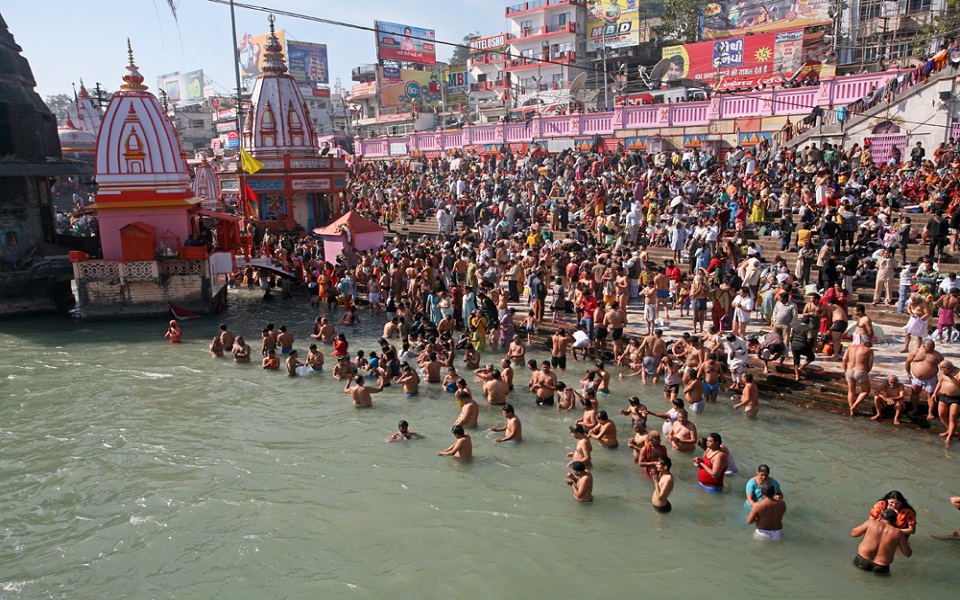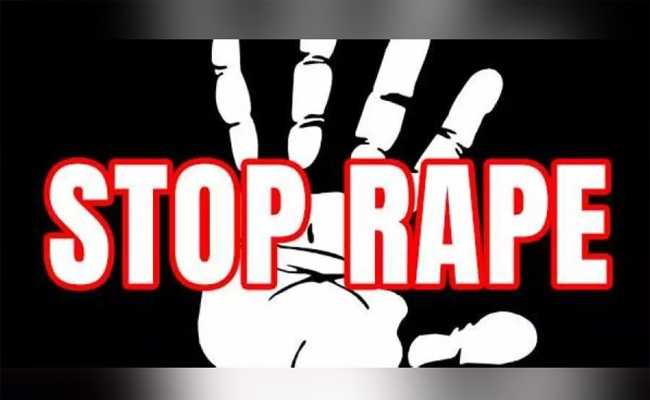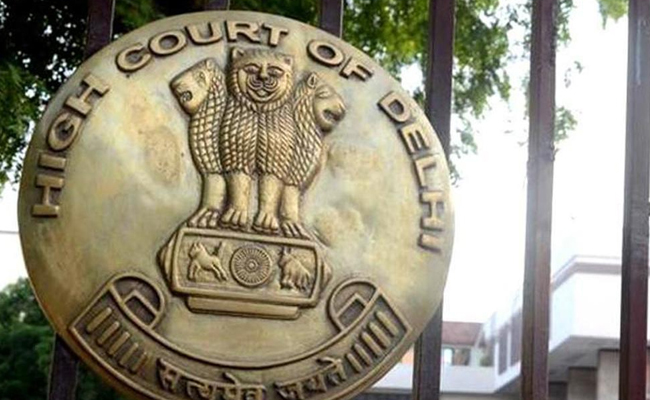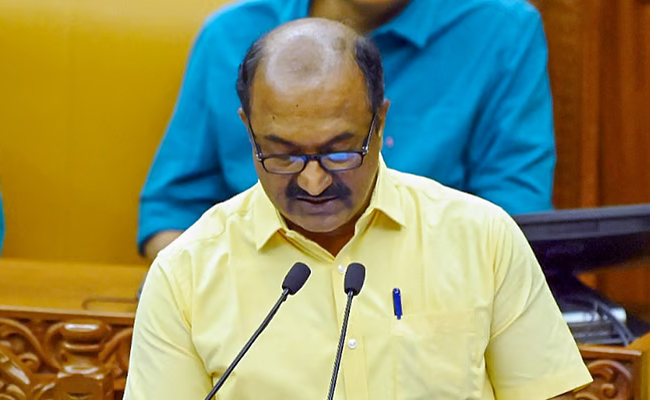Thinker, rationalist Amit Madhesiya has made a documentary ‘Searching for Saraswati’. His documentary is based on the references that this river existed during Purana or Rig Veda times. This documentary throws light on several aspects of the river that disappeared and the government’s decision to look for its traces.
Within one year of assuming the office, the Modi-led NDA government had allocated additional funds of Rs 50 cr for this purpose. This documentary speaks about mixing mythology with reality. Any research should have scientific basis. But our researches these days are based on Puranas and other forms of texts that are mostly open for interpretation that can mean anything.
Our government has set aside money to find out if cow’s urine has any medicinal value. Efforts are on to reject the universal science and turn the country to prehistoric era based on Puranas with such schemes and projects. This documentary film talks about the significance of focusing on the present than going into the imaginary past.
India is a land of rivers. We take the names of rivers such as Ganga, Yamuna, Sindhu, Cauvery and Saraswati with great reverence. If such a river actually existed on the lands of Rajasthan and Haryana, they would have been different by now. Instead of looking for a river that probably existed or never did, it is better to look at how well we have been able to preserve the existing rivers.
River Ganga which has been chocking since ages, is a metaphor of the depleting cultural, social and moral values of the country. One has to clearly see the way she gets polluted at the very banks of most revered pilgrimage areas, which in actuality, worship her.
On one hand, there are discards of the faith, and on the other there are rejects of ‘development’. This river is a living testimony of the man’s cruelty of turning a live ecosystem into drainage. This is not limited to Ganga’s case alone.
Government has been spending thousands of crores on purification of Ganga. Environmental experts have declared the Ganga water unfit for consumption. We have been exploiting her while calling her ‘mother’ and other synonyms. Thousands of dead bodies have been discarded in the name of ‘faith’.
Those millions of items from religious ceremonies enter her stream every day. To top this all, many industries along her path, send their effluents into her waters. All this has to be stopped for once before starting to clean the waters of Ganga. If this is not done, the river gets pollutants into its stream as simultaneously as they get cleaned up.
If a government has the willpower, it can indeed do this task better than it has ever been done. For instance, we can look at Thames river in London which was almost dead and was eventually brought alive owing to people participation and government’s efforts.
If one wonders about the possibility of ‘killing’ a river and if that can ever happen, we have to look at China for such example. About 2000 live rivers have died in the recent past in China. Many tributaries are on the verge of dying since environmental dangers have been overlooked in a hurry to industrialise.
Rivers are not just water bodies. They host a lot of organic life in them. They feed the greenery around. A whole ecology thrives because of them. To kill a river is to end all this. Sea gets its roar owing to the rivers that join its waves. There are ignorant people who say we don’t touch the rivers, but we just send out effluents through the drain pipes.
There is a difference to a river and a drainage. Mining has prompted many people to change the course of rivers in Uttarakhand. We are beginning to make more Uttarakhands because of our greed.
Even the joining of rivers is another dangerous adventure. This scheme is pitted at Rs 5 lakh crores. One wonders about its success and feasibility. If ecologists warn against such schemes, the politicians ask about the ways of providing water to growing cities and villages.
To tap every available water source after having exhausted and exploited all options is not the right way of working on this issue. Land is not arid. It is very fertile. We have to soak the water into the ground to tap it later. There are experts like Rajendra Singh who have created water bodies in places like Rajasthan by using simple technique such as soak pits. They should advise the politicians on water resources instead of trusting corporate lobbies.
Last but not the least, former PM Atal Behari Vajpayee died recently and the government declared his ashes would be immersed in all rivers of India. On one hand, we have a government that makes rules such as penalizing the ones that as much as spit into river.
On the other, the government flouts its own rules to immerse the ashes of their party leader in rivers. Then how does the govt retain a moral right to even criticize the devotees who want to throw dead bodies into the river? If the leaders immerse ashes and bones, devotees will go a few steps further and push a whole body into the river. We see people sacrificing goats and chickens with blood flowing like a stream in the drains during Bakr Id.
Evil minded people discard body parts of animals into rivers too. This is against the spirit of a festival that emphasizes on internal and external purity of mind and body. Similarly, the status of our rivers, tanks and other water bodies reaches a point of worry during Ganeshotsava.
Because people will always prefer to immerse the idol in a public space such as a lake than their own well if they ever have one. Till the time our people assume our lakes and wells are as much our property as they are of the nation, rivers like Ganga will continue to get polluted. Their purification will start only when this wisdom dawns on us.
Let the Truth be known. If you read VB and like VB, please be a VB Supporter and Help us deliver the Truth to one and all.
Korba (Chhattisgarh)(PTI): A 19-year-old woman was allegedly raped by five men, including the driver of police's emergency response service vehicle, in Chhattisgarh's Korba district, police said on Saturday.
Two accused, including the driver of Dial 112 police helpline vehicle, have been taken into custody, they said.
The incident took place on January 8 night under the Bankimongra police station limits when one of the five accused known to the victim called her, a police official here said.
The accused took the girl to a deserted house in Bankimongra, where the driver and four others allegedly took turns to rape her, he said.
After the incident, the accused fled the spot, leaving the victim in an unconscious condition. The victim later managed to reach her home and narrated the ordeal to her family members, who immediately took her to the medical college hospital and later informed the police, he said.
The case was initially registered as a zero FIR at the Civil Lines police station on Friday and later transferred to Bankimongra police station for investigation, he said.
Korba Superintendent of Police Siddharth Tiwari, two accused, including the private driver of 'Dial 112' service have been detained in the case and efforts are on to trace three other accused.





